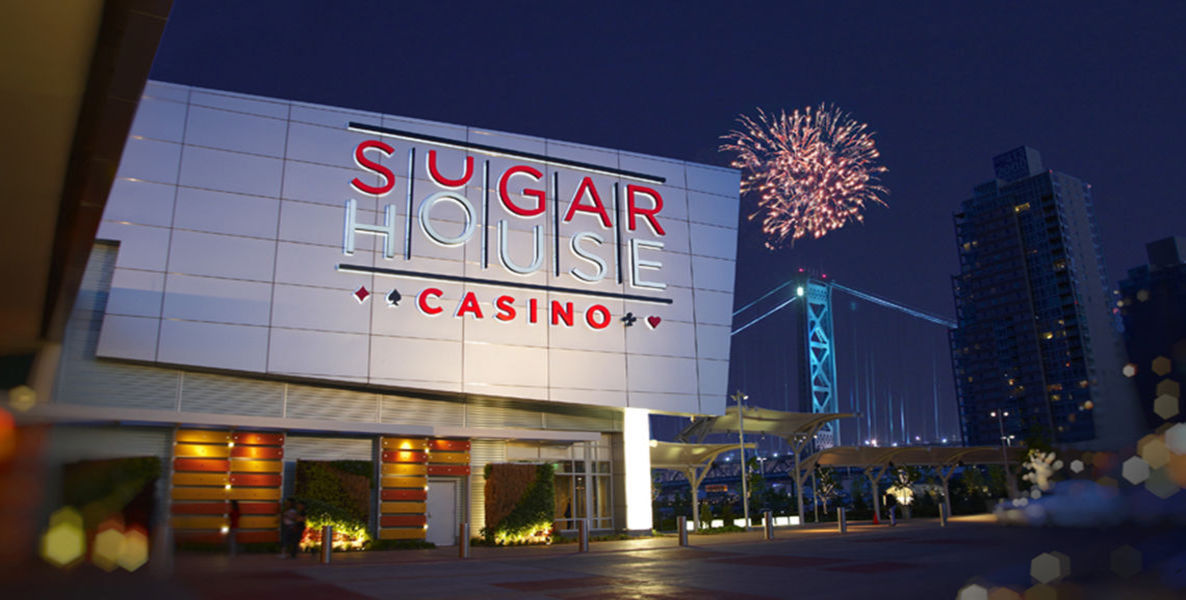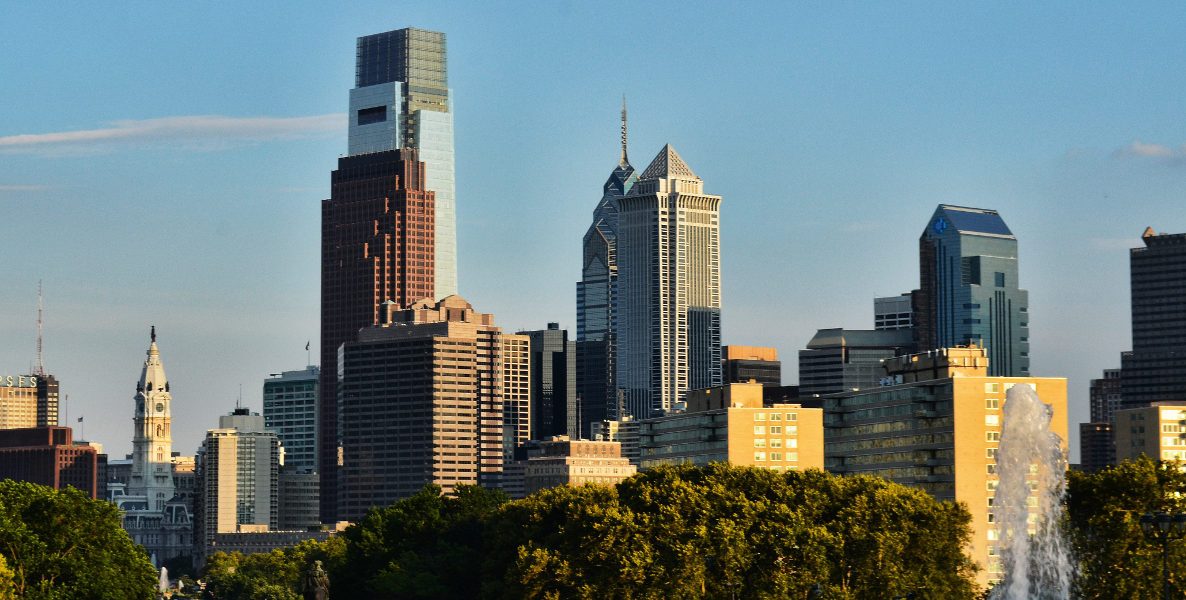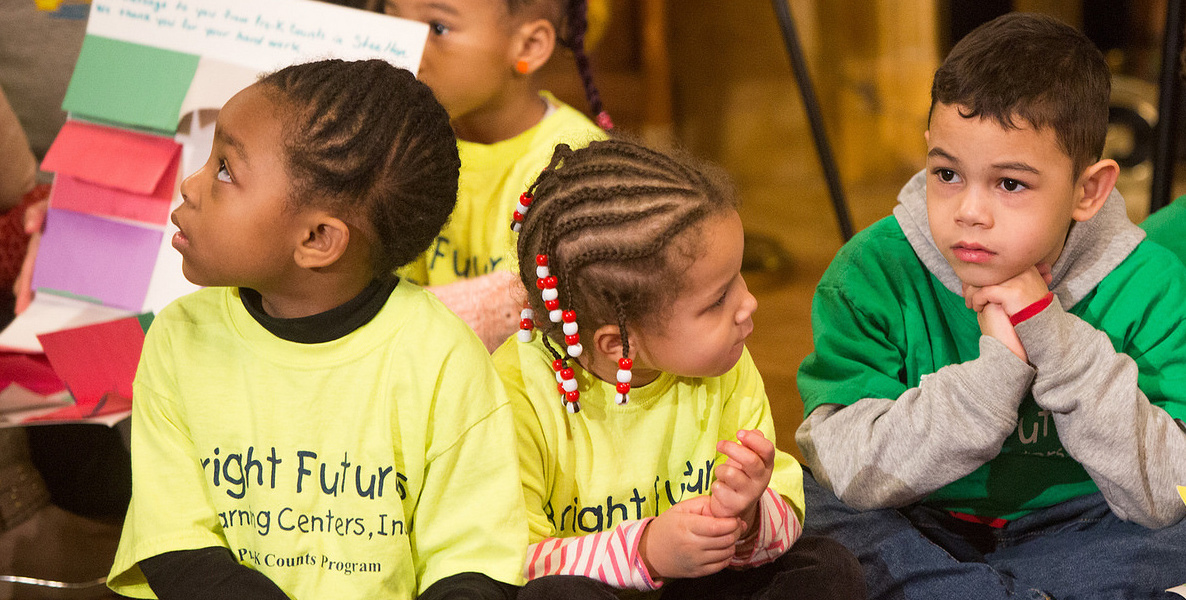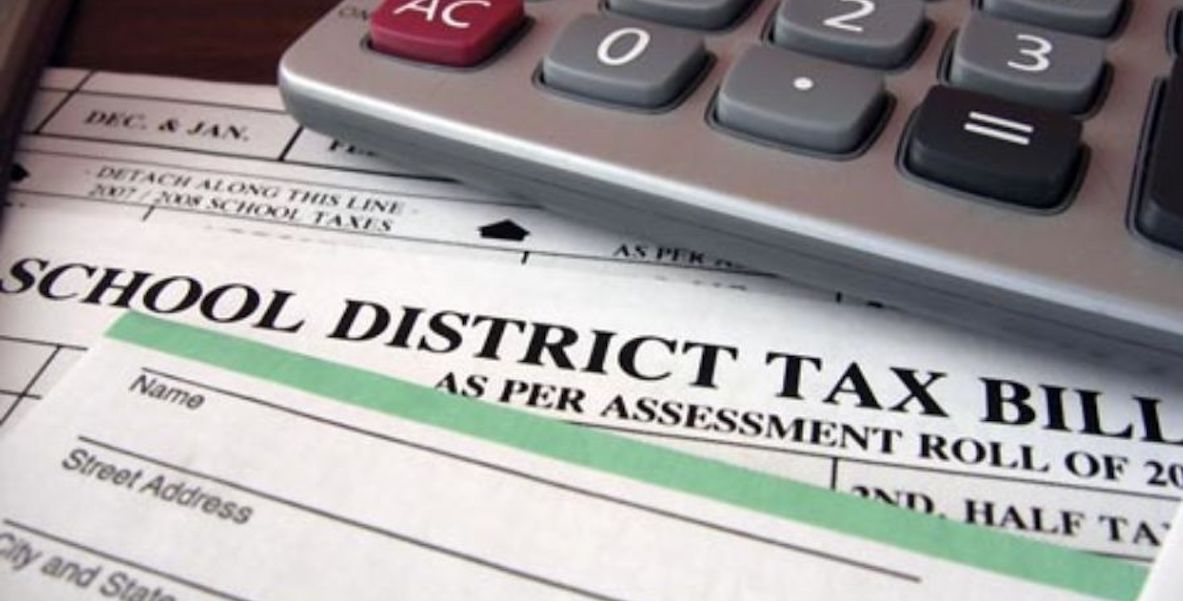There is one thing Republicans in Washington, D.C., and the elected officials in the City of Philadelphia have in common: taxing the poor.

That habit of shifting the cost burden of government onto the backs of those who can barely afford it was on full blast this week from Capitol Hill to City Hall. Back in the nation’s capitol, House Republicans unveiled yet another uncreative, starve-the-beast tax code overall that amounts to nothing more than what the Center on Budget and Policy Priorities calls a “windfall to high income households.” Two hours away in Philly, there’s Mayor Jim Kenney demanding city schools return to local control … but admitting “there will be no easy solutions for funding these resources.”
Which means more taxes.
Of course, Kenney has smartly avoided, so far, uttering the word “taxes.” As have many City Council members, who also dodged the question of tax increases when appearing on Reality Check (listen to Councilman Kenyatta Johnson dodge it skillfully here and Councilwoman Maria Quinones-Sanchez there).
Kenney, however, is masterful at dressing up in tax-first-ask-questions-later old school liberalism. The problem, is that it’s governance gallantly clothed in a noble repertoire of “equity, opportunity, efficiency, and inclusion” (borrowing from his talking points), while funding schemes put unequal pressure on the city’s working poor and barely middle-class. The soda tax is one prominent example, by virtue of the national debate. But limiting the Jim Kenney tax dilemma to just gripes over more expensive beverages risks eventually making the conversation trivial. It’s a lot more than that.
Increased property taxes are coming. Added to increased taxes will, naturally, be a wide range of fines and fees to pay for stuff—or, really, in Philly-ese, stuff that offers city officials the justification for more taxes, fines and fees. Feel free to throw in, for example, predatory parking tickets, car boots and the extortion of paying tickets in exchange for impounded cars courtesy of the Philadelphia Parking Authority. Or a medieval cash bail system that virtually extorts over 4,000 Philly residents locked in jail during pre-trial for mostly non-violent offenses, while sucking many families and communities dry.
On Reality Check early in the week, the Mayor essentially hinted at a property tax increase by avoiding the question on a property tax increase. “We haven’t proposed a plan for next year, yet,” said Kenney during his monthly appearance on the program. “But I want to first propose a question: Is our children’s progress worth it?”
![]() The funny thing, though, is Reality Check didn’t ask him about schools. We asked him about property taxes. It’s a remarkable lesson in skillful political messaging and maneuvering how the Mayor seamlessly shifts the conversation to schools when asked about potential tax increases.
The funny thing, though, is Reality Check didn’t ask him about schools. We asked him about property taxes. It’s a remarkable lesson in skillful political messaging and maneuvering how the Mayor seamlessly shifts the conversation to schools when asked about potential tax increases.
That was on a Monday. By Thursday’s announcement regarding desired local control of the schools, he had already warmed himself up into a fresh 2017 version of the classic “let’s-do-it-for-the-kids” pitch. Philly officials are so adept at The Kid Pitch that one wonders if that’s what filled the non-public portion of their consumed their pitch to Amazon for a second headquarters. Maybe it was just full of heart-warming student picture day photos presented like a UNICEF or one of those tear-jerking Shriners Hospital ads (“Come on, Jeff, look at these kids, will ya? Move here for the kids!”). It’s so bad, Philly’s under-12 population should consider a class action suit against city pols for trademark infringement.
Kenney is masterful at dressing up in tax-first-ask-questions-later old school liberalism. The problem, is that it’s governance gallantly clothed in a noble repertoire of “equity, opportunity, efficiency, and inclusion,” while funding schemes put unequal pressure on the city’s working poor and barely middle-class.
Many Philly residents, including Philly’s parents, are beginning to catch on to that trick. As soon as the Mayor jumped into his kid pitch, the segment was flooded with calls from irate folks tired of hearing their city’s kids held in rhetorical hostage so local government could collect taxes to pay for shiny new objects like the school district.
But there’s nothing shiny about a school district that’s expected to grow a nearly $1 billion deficit within the next five years, according to projections from that very school district. District expenses increase at a clip of 4 percent or more each year as revenue is less than 2 percent annually—compounded by a decreasing student population.
![]() Theoretically, local control of schools is a fine idea. The Mayor receives accolades for lofty goals and the vision of Philly on a hill where its students are lifted up out of poverty. But we’ll have to ask ourselves: How will the city pay for that? It doesn’t make much sense to squeeze America’s poorest big city for more money, therefore putting more purse-string pressure on its already strapped families and transferring the stress of that pressure to the kids. You can’t raise kids up out of poverty and the mindset that exacerbates that condition when their situation back home is continually battered by more bills, fines and fees from municipal collectors on a money-grab spree.
Theoretically, local control of schools is a fine idea. The Mayor receives accolades for lofty goals and the vision of Philly on a hill where its students are lifted up out of poverty. But we’ll have to ask ourselves: How will the city pay for that? It doesn’t make much sense to squeeze America’s poorest big city for more money, therefore putting more purse-string pressure on its already strapped families and transferring the stress of that pressure to the kids. You can’t raise kids up out of poverty and the mindset that exacerbates that condition when their situation back home is continually battered by more bills, fines and fees from municipal collectors on a money-grab spree.
Meanwhile, the city’s somewhat elitist 10-year property tax abatement policy (translated: the property “no-tax”) still stands. Challenged residents are, rightfully, vexed by the idea they are paying property taxes when new, incoming residents and developers aren’t, especially when the newer abated properties are mostly in the city’s more upscale locations like Center City, University City and Manayunk. So, not only do lower-income residents not see the benefits of abatement in either increased quality of life or more funding for their schools, but their neighborhoods get hit the hardest by a parking authority that targets them by race and zip code.
Plus: not unlike the measly 4 percent of PPA revenue the school district receives each year, the money lost to abatement is cash the city keeps leaving on the table. A 2014 Philadelphia Coalition Advocating for Public Schools study found $50 million in missed revenue, particularly during a time of drastic state budget cuts. The better-funded Building Industry Association lobby has, since then, fired back with its own study showing Philly construction has jumped by nearly 400 percent since tax abatement was conceived.
Theoretically, local control of schools is a fine idea. The Mayor receives accolades for lofty goals and the vision of Philly on a hill where its students are lifted up out of poverty. But we’ll have to ask ourselves: How will the city pay for that?
While the BIA study argues that abatement doesn’t benefit the wealthy, it unwittingly white-privileges itself when making the attempt and proves that, yeah, it does: First, it actually shows $88 million in lost annual revenue for the city (which is a nearly $40 million increase from the PCAPS study in 2014). And, second, the one data-point emphasizing that 67 percent of abated properties are less than $400,000 casually salad-dresses the fact that most of those homes are between $200,000 to $300,000 in value, home loans that are typically out of reach of the city’s most vulnerable and low-credit score wrecked residents.
Nor is that study, or any we’ve seen yet, addressing the quiet epidemic of perpetual tax dodging many tax-abating residents are quietly engaged in. It’s a well-known secret that many property owners are simply moving into new homes after the 10-year abatement is up to start a brand new 10-year abatement in another property. The beat goes on. Some “owner-occupants” are selling properties as passed-on assets to next generation kids who get the same abatement.
![]() Sure, a $300,000 home might be great for an incoming white middle-class resident who already has socio-economic mobility baked in from birth. But, that’s not an easily-acquired asset for Philadelphia’s much less economically fortified black residents.
Sure, a $300,000 home might be great for an incoming white middle-class resident who already has socio-economic mobility baked in from birth. But, that’s not an easily-acquired asset for Philadelphia’s much less economically fortified black residents.
There’s nothing wrong with wanting local control of schools. But, be careful what you wish for, Philly. Someone’s got to figure out how that’s paid for. And if the answer is taxes, make sure everyone is paying for it. Tax abaters and the city’s affluent can’t have it both ways—you can’t complain that Philly schools are dragging the city down and making you want to move out, but then don’t want to invest in them. Come on, just do it … for the kids.
Charles D. Ellison is Executive Producer and Host of “Reality Check,” which airs Monday–Thursday, 4-7 p.m. on WURD Radio (96.1FM/900AM). Check out The Citizen’s weekly segment on his show every Tuesday at 6 p.m. Ellison is also Principal of B|E Strategy, the Washington Correspondent for The Philadelphia Tribune and Contributing Politics Editor to TheRoot.com. Catch him if you can @ellisonreport on Twitter.







